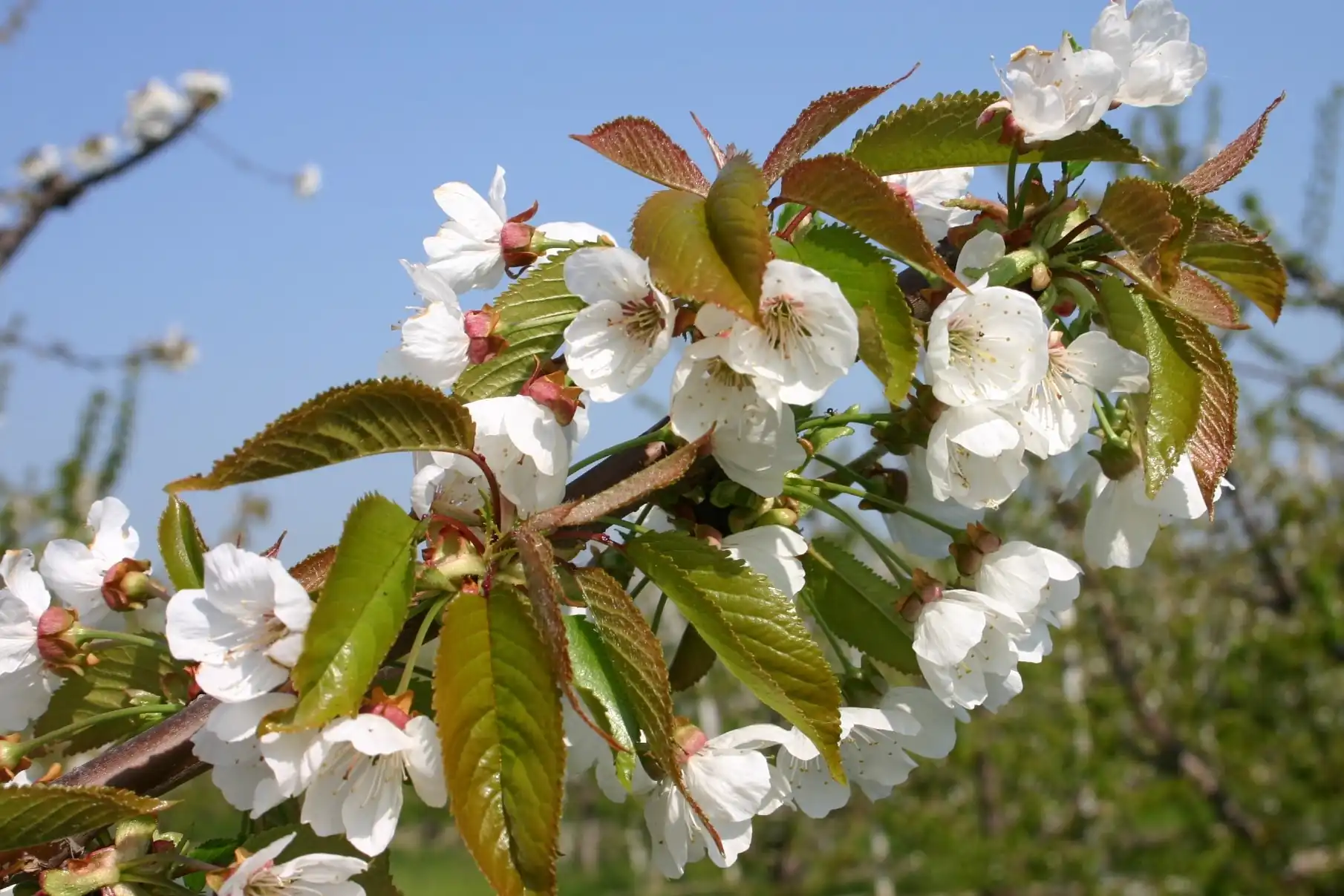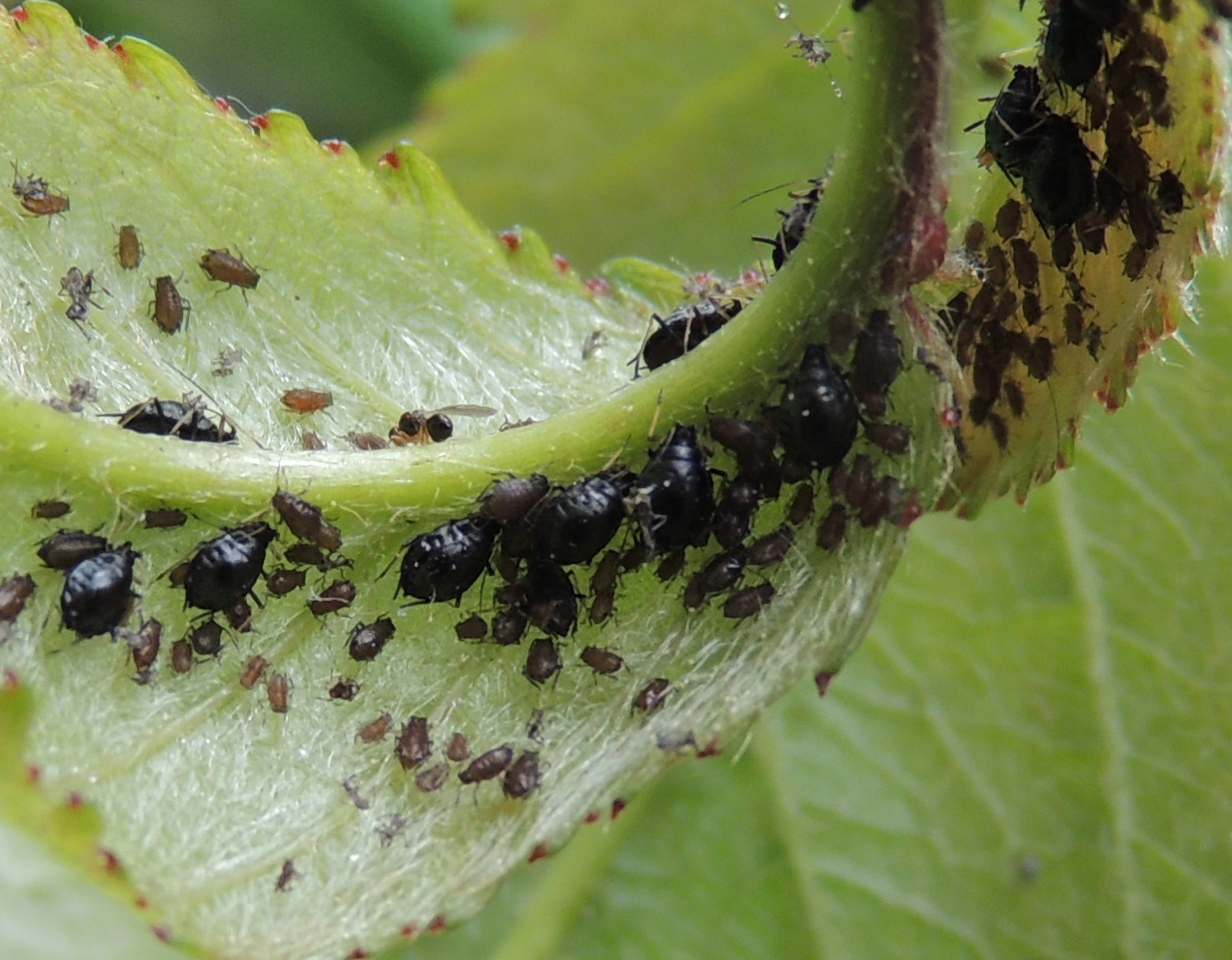The cherry harvest in Veneto starts with a heavy burden. Continuous precipitation between April and May has inflicted significant damage on the early varieties, causing the splitting of a vast portion of the fruits.
The president of the Veneto fruit growers' association, Francesca Aldegheri, explains that the start of the harvest, originally scheduled for May 20th, will be compromised by the impending losses. Due to prolonged rains and low temperatures for the season, early flowering has been penalized, while late varieties, with a delay in ripening, seem to have been saved for the moment.
However, it is imperative that the weather improves with sunny and warm days, otherwise these varieties also risk being affected by the same problem.
Another cause for concern is the possible proliferation of Drosophila suzukii, an insect originating from Southeast Asia, which has caused devastation in orchards in recent years. Humidity favors its spread, and currently, although not causing visible damage, fruit growers must be vigilant as the fly lays eggs in split fruits. Despite good practices suggesting harvesting even non-marketable fruit, high costs lead many to leave the fruits on the trees.
Cherry cultivation is an increasingly challenging activity, given its susceptibility to weather conditions. Verona's fruit growers, to mitigate this risk, tend to diversify varieties, while others resort to rain covers, despite their high costs and their effectiveness not being guaranteed one hundred percent, as cherries are not only sensitive to rain but also to humidity.
The previous year was not favorable, unlike 2022, when the climate was hot and dry, even requiring early irrigation. Also, in 2023, due to adverse weather conditions and insect attacks, cherry cultivation in Veneto experienced a decrease, dropping to 1,747 hectares, 8.1% less than in 2022.
Most of the plantations are located in Verona, followed by Vicenza and Treviso. Last year's cherry production was estimated at 10,747 tons, with a 13% decrease compared to 2022.
Source: Corriere Ortofrutticolo
Image: SL Fruit Service
Cherry Times - All rights reserved










